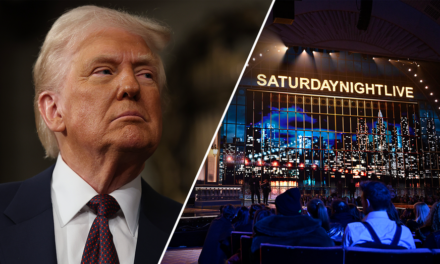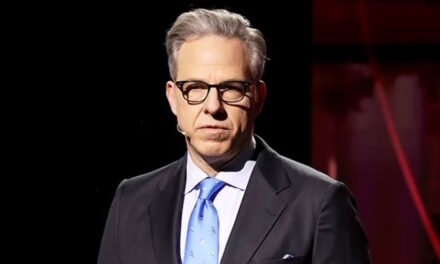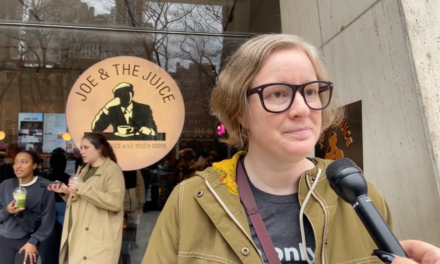In a recent discussion, popular media personality Charlamagne Tha God has sparked a wave of conversation with his remarks regarding the “Big, Beautiful Bill.” His comments revolve around the implications of this legislation on future elections, particularly the upcoming midterms and the presidential race in 2028. Charlamagne’s insights, while controversial, highlight growing concerns about electoral integrity and the influence of legislative frameworks on voting processes.
Charlamagne, who has made a name for himself not just as a radio host but also as a cultural commentator, took to his platform to express his views on the potential ramifications of the Big, Beautiful Bill. This bill, which encompasses a series of changes to various sectors at both state and federal levels, has been met with mixed reactions from different factions of the political spectrum. Supporters see it as a necessary step towards progress, while critics argue it could lead to manipulation and control within the electoral process.
Engaging in a lively discussion, Charlamagne emphasized that the intentions behind such significant legislation can often lead to unforeseen consequences, particularly regarding elections. “When you see bills like this being pushed so aggressively, it raises questions about who truly benefits from it,” Charlamagne said. “I can’t help but think that there’s a bigger game being played here, especially as we edge closer to the midterms and beyond.”
The implications of the Big, Beautiful Bill extend beyond mere policy change; they touch upon the core principles of democracy itself. Charlamagne highlighted that if legislation can be manipulated to benefit particular political interests, the integrity of the electoral process could be severely compromised. “You have to ask yourself, how much control are we allowing politicians to have over our voting?” he pondered.
His comments come against the backdrop of increasing skepticism among voters regarding the fairness of elections. Concerns about voter suppression, gerrymandering, and legislation aimed at altering voting procedures have led to a growing distrust in the political system. Charlamagne’s observations resonate with many of these sentiments, putting into question the future of electoral fairness in the United States.
Critics of the Big, Beautiful Bill have been vocal, arguing that measures within the legislation may disproportionately affect certain demographics, potentially manipulating outcomes in forthcoming elections. According to them, such changes could disenfranchise specific voter bases, thereby skewing results in favor of certain political parties. Charlamagne’s remarks serve to amplify this narrative, suggesting a coordinated effort to “fix” future elections.
In the lead-up to the midterms, many analysts have noted an increase in media coverage surrounding election integrity. This focus has been amplified by a divided political landscape, where accusations of fraud and manipulation, however unfounded, have become a staple of political discourse. Charlamagne’s insights tap into this national unease, as he encourages listeners to remain vigilant and question the motivations behind legislative actions.
“There’s a lot at stake right now,” he mentioned, reminding his audience that the outcomes of the midterms could set the tone for the 2028 presidential election. With the political climate evolving rapidly, each election cycle’s impact can ripple through to future contests, making it crucial for citizens to stay informed and engaged.
Charlamagne’s discourse emphasizes the importance of public participation in the democratic process. By shedding light on these issues, he aims to motivate listeners to delve deeper into the implications of legislative changes and to take action in ensuring their voices are heard during elections. “We can’t afford to sit back and let things happen to us,” he warned. “We need to be active participants in our democracy.”
The conversation surrounding the Big, Beautiful Bill also aligns with broader national trends regarding legislative transparency and accountability. Both politicians and citizens alike are advocating for clearer communication around laws that directly affect voting and civic engagement. In an era where misinformation can quickly spread, establishing trust in the electoral framework is paramount for fostering a healthy democracy.
As the midterms approach, Charlamagne’s commentary is likely to resonate with a vast audience. Citizens, particularly younger voters who are more attuned to social justice and equity issues, may find his words to be a call to arms. With so much at stake, many are reminded that their engagement can influence the political landscape significantly.
In summary, Charlamagne Tha God’s reflections on the Big, Beautiful Bill transcend mere political commentary; they echo deep-seated concerns about election integrity and the preservation of democratic principles in the United States. As citizens prepare for critical elections, the importance of being informed and active cannot be overstated. Legislations that may seem innocuous on the surface can have profound implications, and as Charlamagne pointed out, understanding these laws is vital for ensuring that everyone’s vote counts.
As the landscape continues to evolve in the run-up to the midterms and beyond, it remains crucial for voters to engage with the issues at hand. Whether through educating themselves on new legislation or participating in grassroots movements, every action counts in safeguarding the democratic process. Charlamagne’s insights serve as both a warning and a rallying cry for citizens to take charge of their democratic destiny.
This evolving narrative will undoubtedly shape the discussions leading into the midterms and the 2028 presidential election. With prominent figures like Charlamagne leading the way in raising awareness, there is potential for critical reforms and increased voter mobilization for future generations. The coming months will certainly be pivotal in determining the trajectory of American democracy, and the discourse surrounding election integrity will remain at the forefront of national conversation.
































